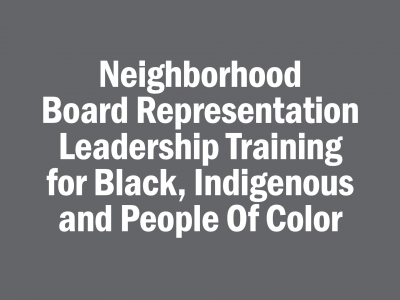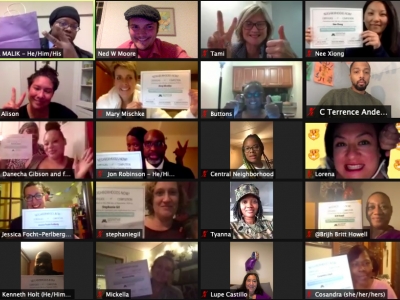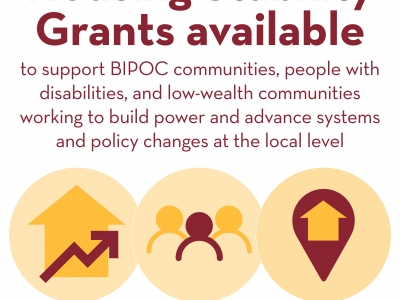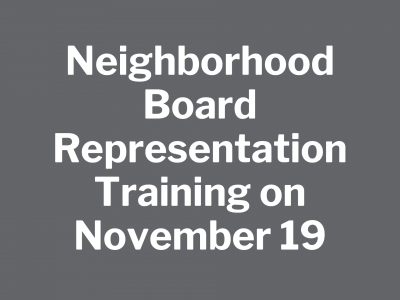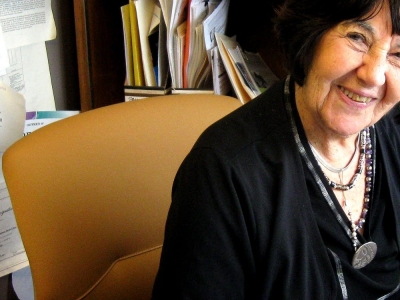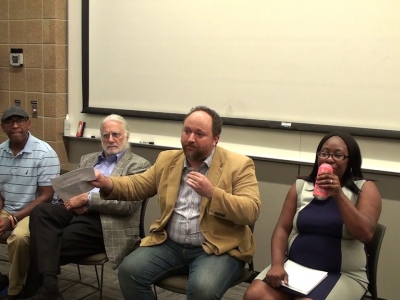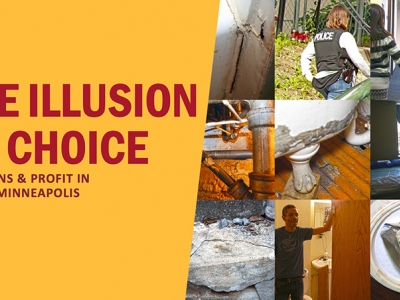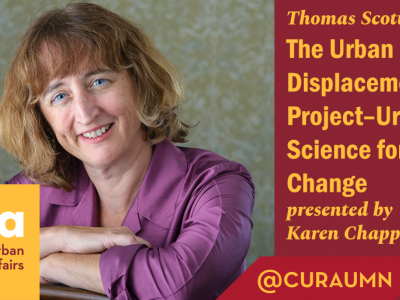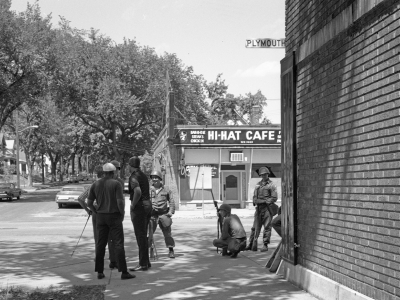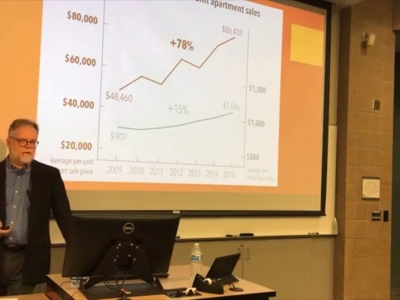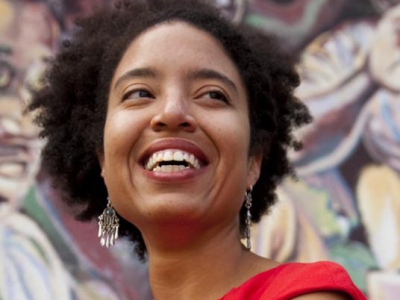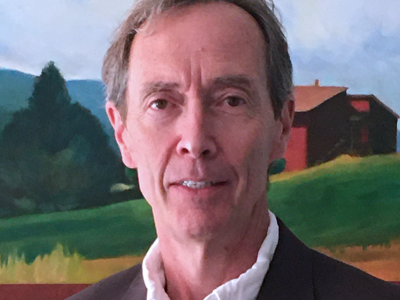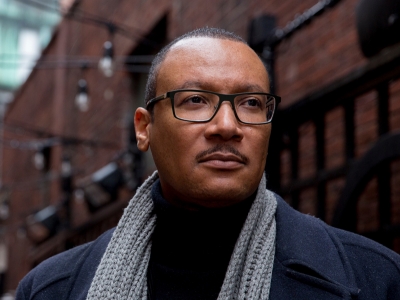Stable housing is crucial for wellbeing and is central to Hennepin County’s disparity reduction effort. This event will explore housing practices through a multicultural lens; How can we meet the diverse housing needs of residents? Where do design and policy intersect? How do home characteristics affect wellbeing? How can housing policy acknowledge the importance of intergenerational family support?
The FUSE Summer Symposium will be an opportunity for UMN faculty and Hennepin County staff to engage with an expert panel on housing. A small group breakout session and Q&A will give attendees the chance to connect and have their questions answered.…

